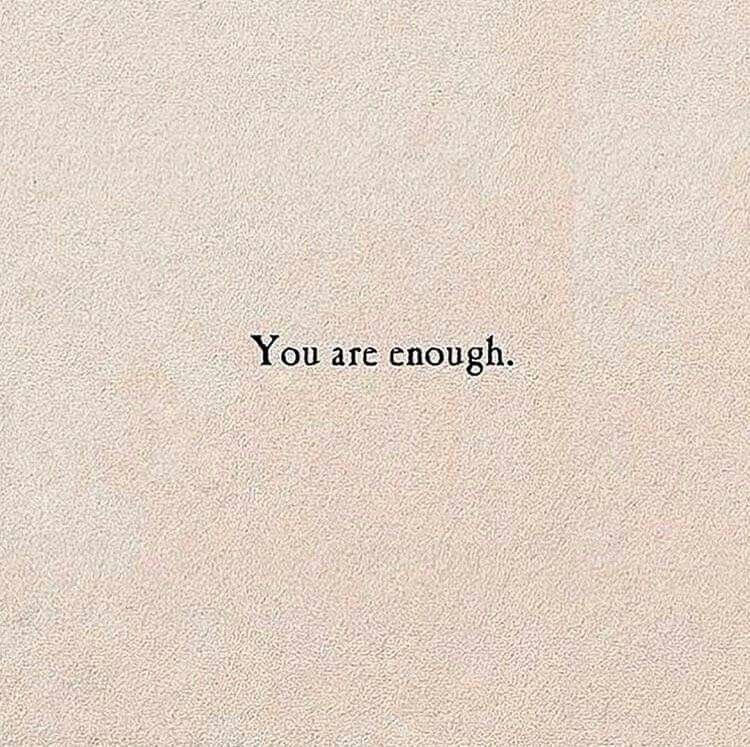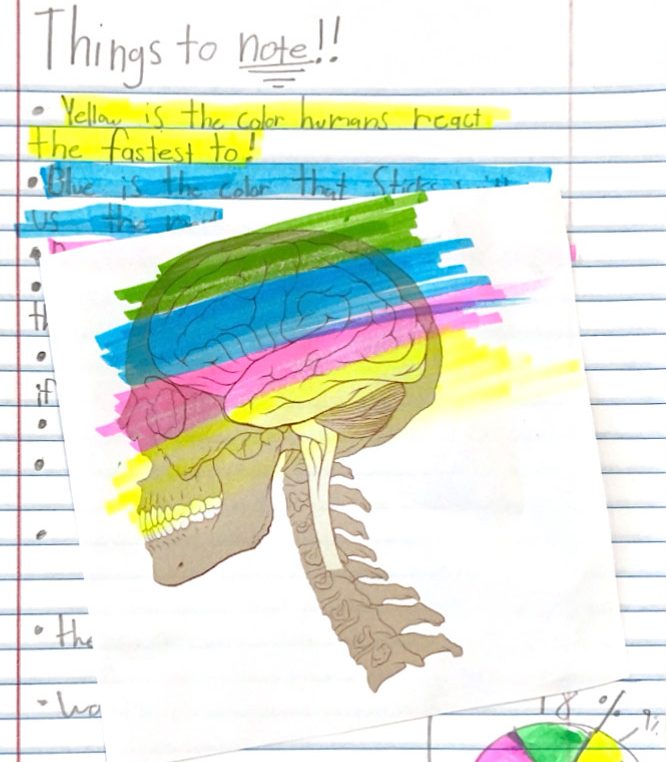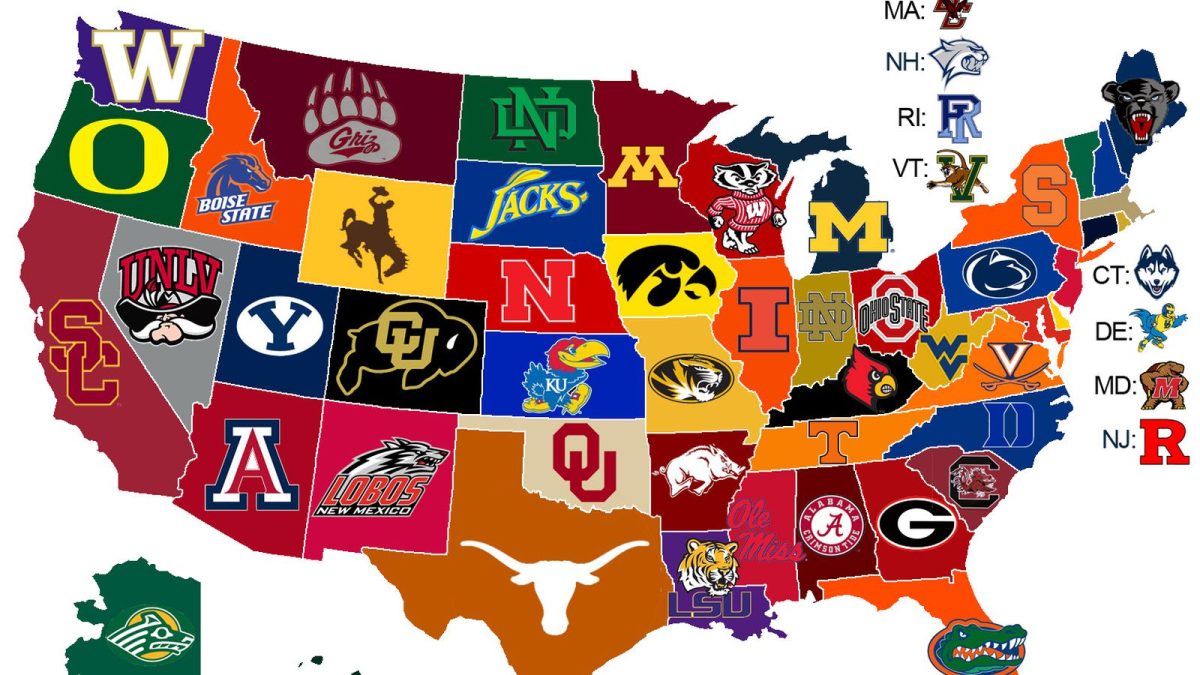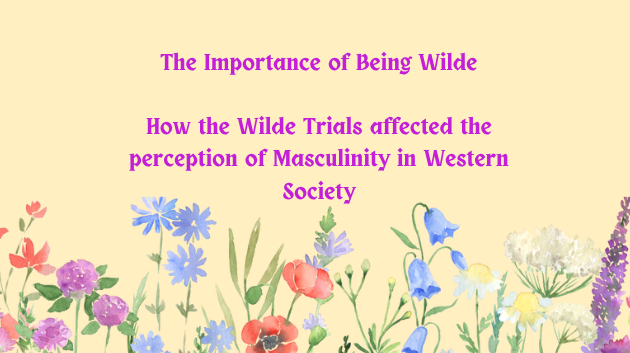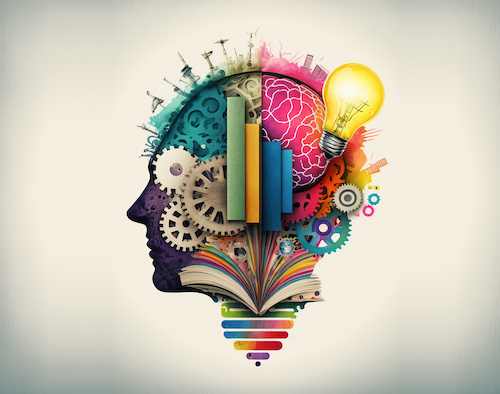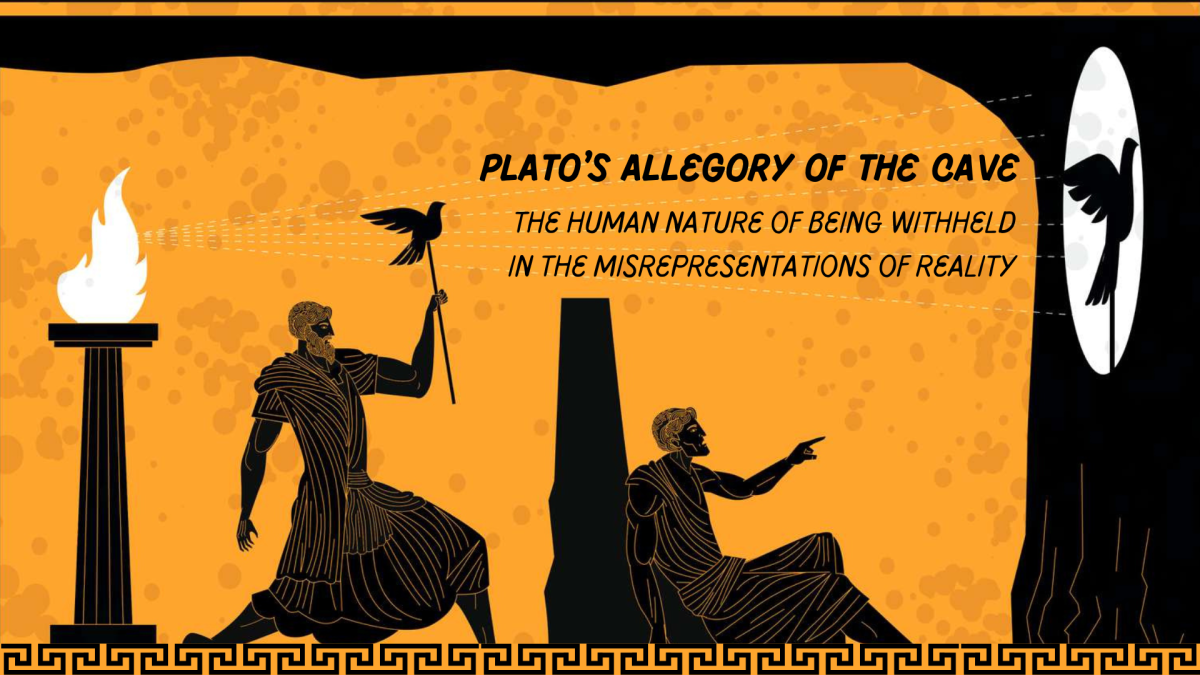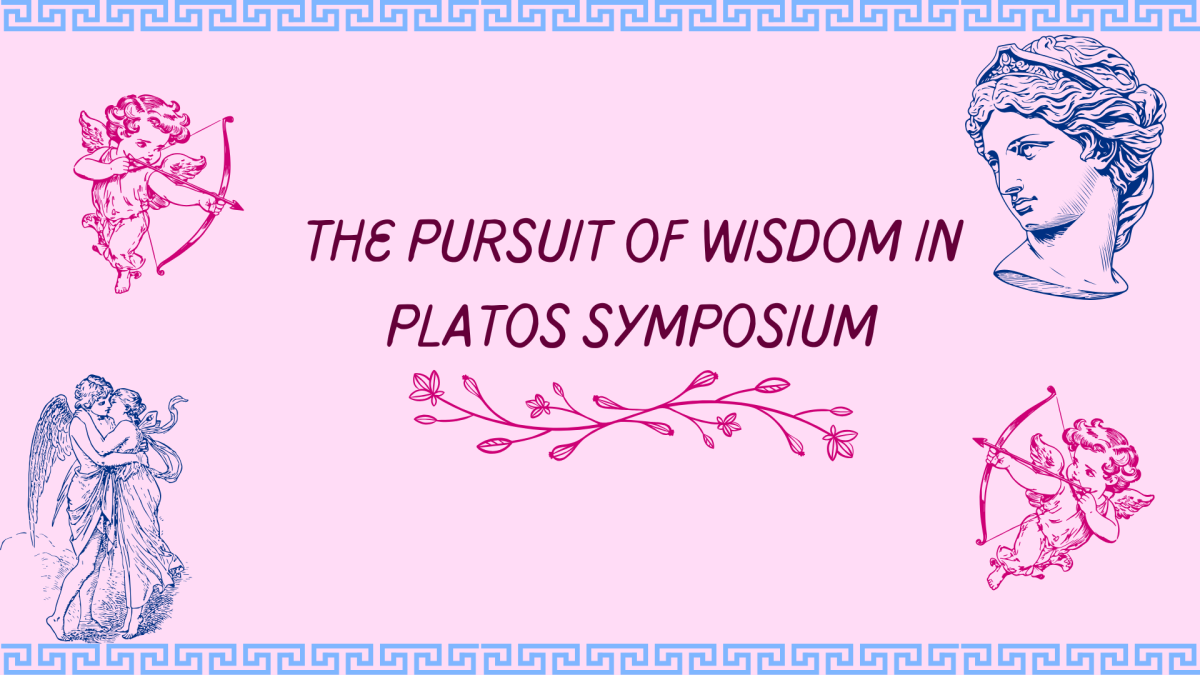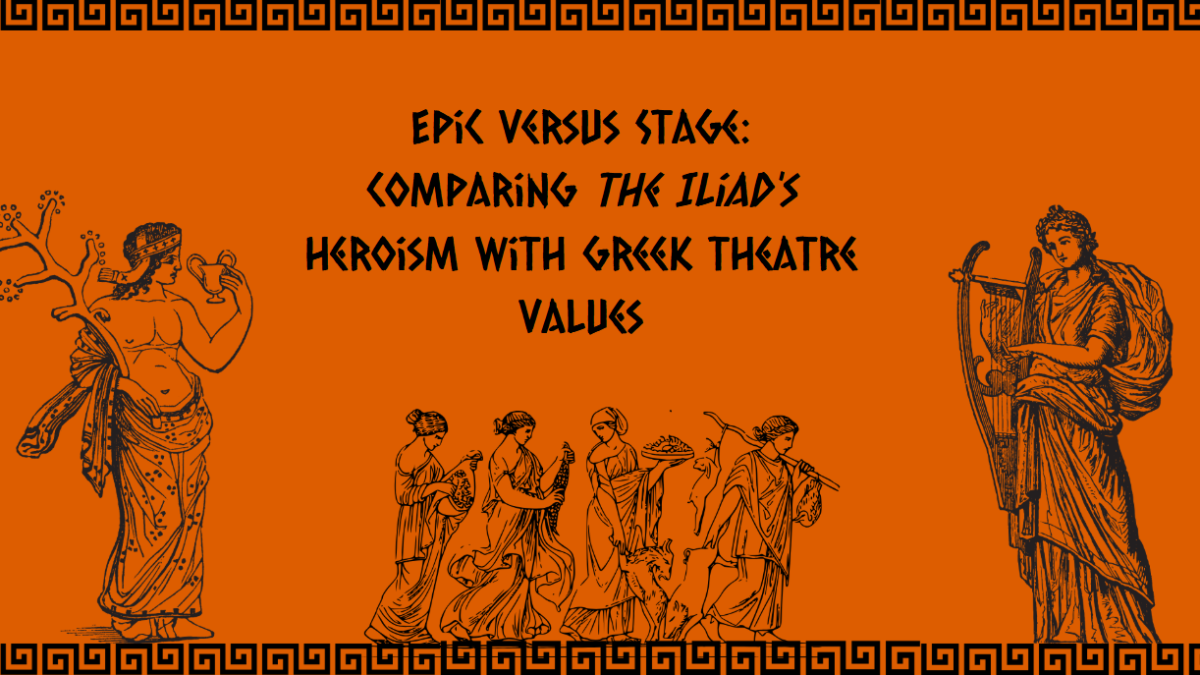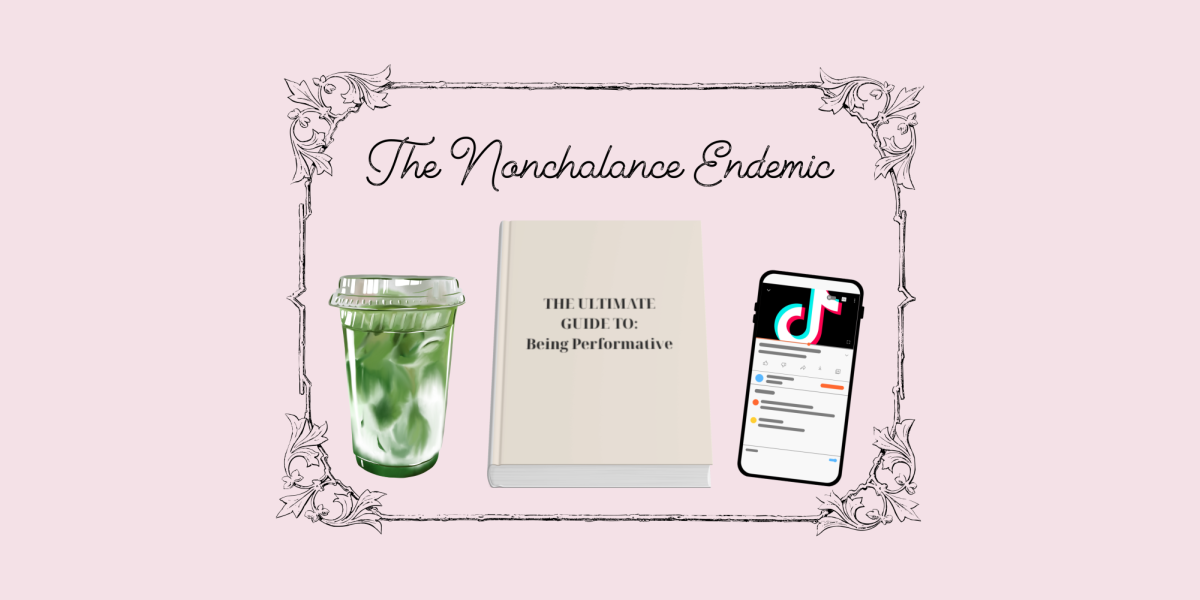What is the Loneliness Epidemic?
There has been an epidemic running rampant in recent years. Not an infectious disease; rather, one that stems from a cultural disconnect, one of significant mental and physical health impact that has long been ignored, very much gaining social interest in 2014. The loneliness epidemic is a large-scale, worldwide affliction that was given a name in the early 2000s and has since seen more usage in the 2010s and 2020s. While a definitive reason that the loneliness epidemic started is difficult to pinpoint, it’s safe to say that the COVID-19 epidemic and many world changes greatly contributed to the problem. Globally, the world is still healing, being heavily impacted by the isolation brought on by the pandemic.
The majority of the world’s populations were heavily impacted by the COVID-19 pandemic, and the group with the loudest voices, middle and high school students, spoke out about their experiences through social media, another less direct contributing factor to the loneliness epidemic. While through social media some people find connection through shared experiences, many felt isolated from quarantining precautions, without being able to connect or communicate with loved ones face-to-face, which is necessary for mental wellbeing.
Social Media and Loneliness
Social media is often criticized on the grounds that it is disconnecting, mainly by way of polarity and comparison. Though the world has a tendency of polarization over larger, more impactful issues, many may feel less connected with those that don’t share the same views and thus less connected to their communities as a whole. Comparison is made by means of the ever-growing trend culture specifically attributed to social media. As more and more trends are created and become “standard,” more people feel behind in life and thus less connected to their peers. Along with their friends and community, individuals are blinded by the fake world of social media too much to focus on real human face-to-face connection.
In addition, the constructed online perfection presented by models or influencers can make people feel alone in their struggles, which is far from the actual truth. This perception of fabricated happiness can also increase feelings of loneliness or inadequacy, especially in still-developing young adults. The longer one spends online, the more detached they become from reality, relationships and human interaction.
The Loneliness Epidemic Today
As the loneliness epidemic has gained recognition as a major mental and physical health risk (whether that be through social media, government acknowledgement, or various news sites), more methods have been recommended to stay connected. In a letter from Dr. Vivek H. Murthy, 21st Surgeon General of the United States, Murthy attributes loneliness to “cardiovascular disease, dementia, stroke, depression, anxiety, and premature death,” not only calling out the potential impacts of the loneliness epidemic, but also providing a clear reason why remedying the epidemic is important for us as a society to focus on.
Community-based solutions are now being promoted, such as volunteering, neighborhood councils and support groups, to restore the human connections that many of us today are lacking. The factor that makes the loneliness epidemic so dangerous is the fact that technology, of which a fraction of the world is reliant on in some way, provides a false sense of connection, though these connections are often superficial and cannot replace face-to-face contact which many people have been accustomed to being without. This perpetual cycle of technology providing false connection while also making some more and more disconnected is what we, as a society, need to look out for when discussing the loneliness epidemic. The profound loneliness experienced by many across the world is the actual issue, not simply being connected to others. While personal connections can be a good step towards overcoming loneliness, this issue is very much left to individuals to solve themselves, as connection alone will not be enough to overcome loneliness, though it can be helpful in prevention, especially.



